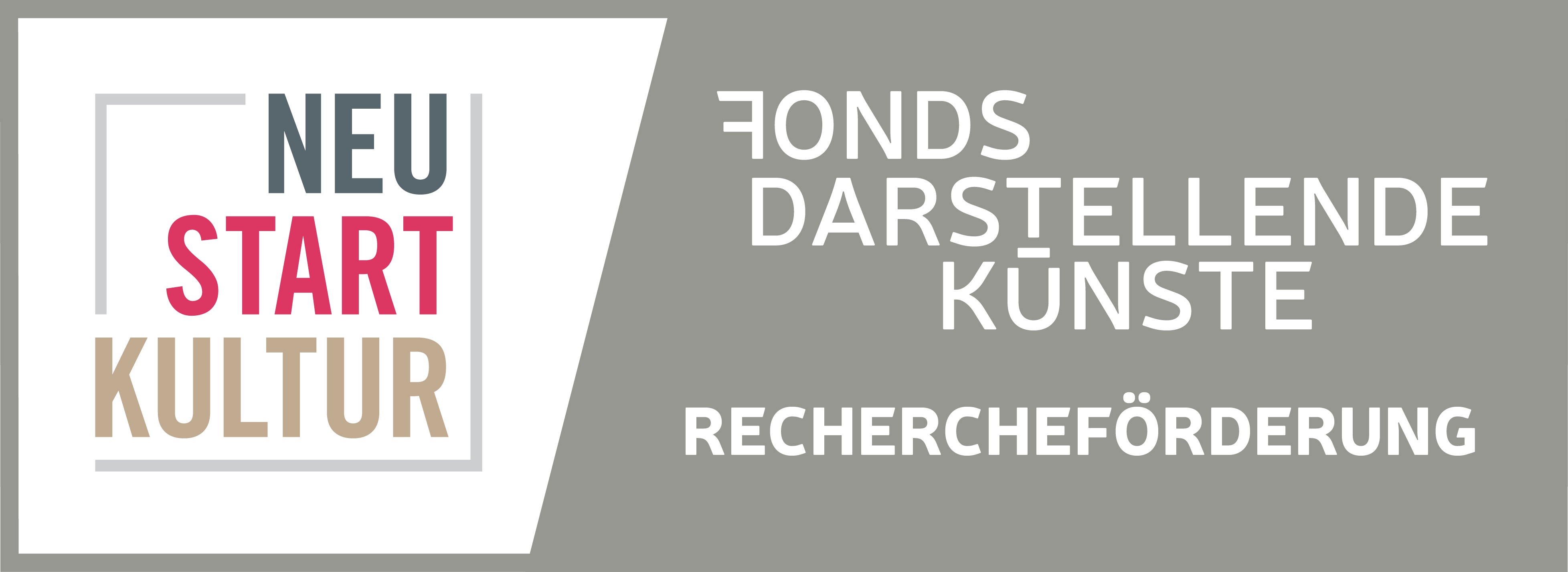|
This one-day conference explores the contributions of artists and scholars working with archives (and their silences) on public memory and history writing. By taking the exhibition
Travelling Back: reframing a Munich expedition to Brazil
in the 19th centuryas a starting point, it draws on concepts such as Saidiya Hartman‘s ‘critical fabulation’ to inquire about fiction and visual imagery as means of knowledge production about past and present.
ATTENDANCE | PARTICIPATION:
The lecture will be broadcast in parallel via Zoom. You can join the Zoom meeting at the following link | This event is a hybrid event, hosted in person in Munich, and online at the following link:
Hier das Programm: (in English language only)
14:30 - 15:00
Panel 1 | Artists, archives and public memory
16:30 - 17:00
17:00 - 18:30
19:00
Thanks to the support of the Department of Intercultural Cultural Exchange, a podcast will be released in November. Decolonisation as an artistic practice in theatre deals with this concept from different points of view - cultural-political, scientific and historical - and they will discuss it in the form of interviews with experts. Thanks to research funding from FoDaKü, the Mexican-German choreographer conducted a series of interviews from the arts, theatre and the academy between July, August and September, and thus crystallised a conclusion about what all of us together as cultural institutions and theatre makers can improve, renew and establish for the theatre of the future. It began with lecturer Christina Pauls from the University of Augsburg, who deals with the subject areas of political science, peace and conflict research. She was followed by Kampnagel artistic director Amelie Deuflhardt. From the Stuttgart area, she interviewed the director of Schloss Solitude Elke aus dem Moore, as well as the artistic director of Theater Rampe Martina Grohmann and the Colombian theatre-maker Magda Agudelo and the Ivorian choreographer and dancer Yahi Nestor Gahe. She then continued in Hamburg with Hamburg theatre-maker Helge Schmidt, dramaturg and producer Carmen Mehnert and Hamburg director Mable Preach. She finished these interviews in Munich with the lecturer Prof. Dr. Burcu Doğramacı from the LMU, who works with fellows from all over the world in the Käthe Hamburger Kolleg "global.dis-connect" programme. To top it off, she had interviewed the director of Joint Adventures Walter Heun. A podcast and a publication will be created from these excerpts and published hopefully at the end 2024. Gutiérrez hopes that more will join in further months this conversation. She understand this project als an "ongoing process". With special thanks to Saskia Bronkowski for her assistance.
IDEOLOGY
Ideology Theory Practice is a blog dedicated to questions concerning ideology and ideologies in all areas of social life and social research. It takes the view that our thoughts and experiences reveal a wealth of ideological themes and characteristics, and provides a forum where these dimensions can be explored by scholars at every stage of their research. The blog is pluralist in its methodology and substantive focus, and seeks to foster academic engagement with political ideologies across spatial, temporal, and disciplinary boundaries. Ideology Theory Practice aims to publish new pieces each week, usually on Mondays and Thursdays. Our thematic interest in ideology and ideologies includes, but is not limited to:
Historical or contemporary analyses of specific ideologies;
Ideology Theory Practice is edited by a team of early-career scholars from across the globe with a diversity of research interests in the field of ideology studies. A short overview of our biographies and interests can be found on the Editorial Team page here. |
||||||



